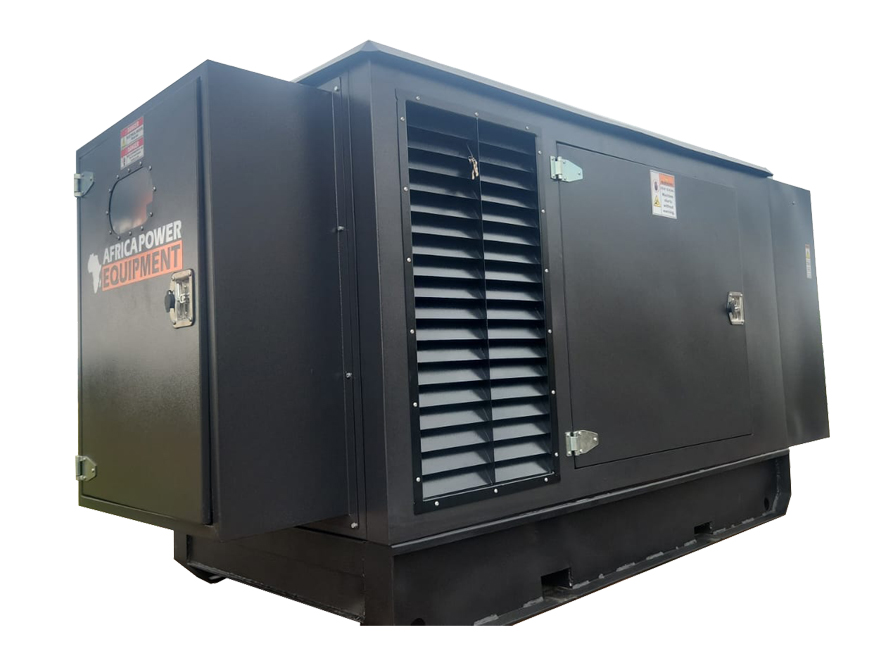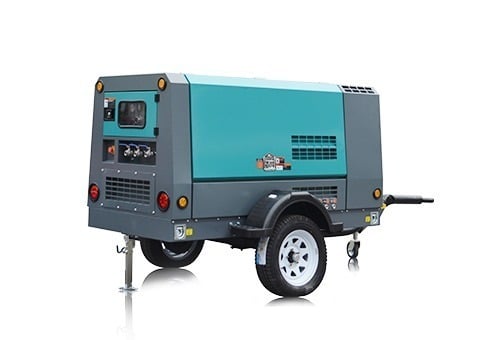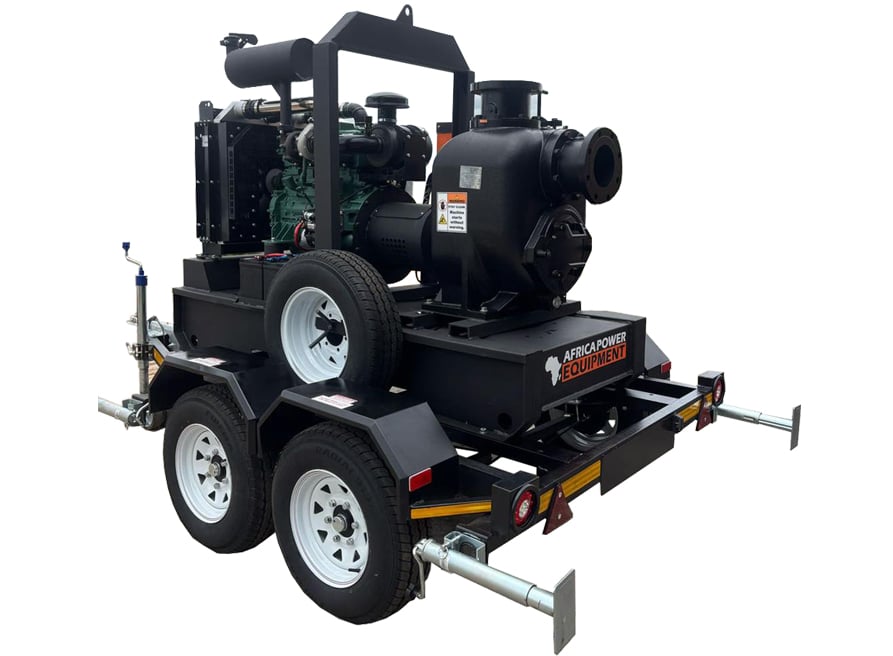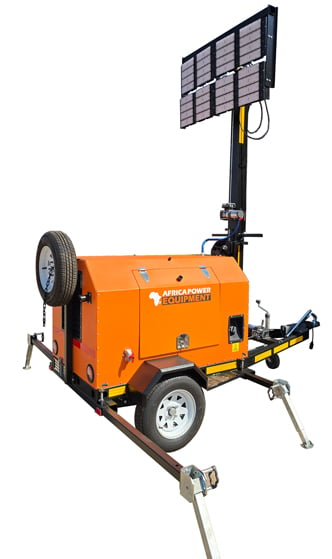Understanding Solar Geysers: A Smart Way to Heat Water in South Africa
With rising electricity costs and frequent load shedding in South Africa, more homeowners are turning to solar geysers as an energy-efficient alternative to traditional electric water heaters. But what exactly is a solar geyser, and how does it work?
In this article, we’ll break down the basics of solar geysers, the different types, how they function, their benefits, and what to consider when installing one for your home or business.
☀️ What Is a Solar Geyser?
A solar geyser is a water heating system that uses energy from the sun to heat water. It typically consists of:
-
Solar collectors (usually mounted on a roof)
-
A geyser tank to store hot water
-
A circulation system (either passive or active)
Unlike electric geysers that rely entirely on grid electricity, solar geysers can drastically cut your power consumption and reduce utility bills.
🔧 How Does a Solar Geyser Work?
Here’s a step-by-step look at the solar geyser process:
-
Solar Radiation Captured:
Solar collectors absorb sunlight and convert it into heat. -
Heat Transfer:
A heat transfer fluid or the water itself (depending on the system) is heated inside the collector tubes. -
Circulation:
-
In thermosiphon systems (passive), hot water naturally rises into the geyser tank.
-
In pumped systems (active), a small electric pump circulates the fluid.
-
-
Hot Water Storage:
Heated water is stored in a well-insulated geyser tank until it’s needed. -
Backup Element (optional):
During cloudy days or peak usage, an electric element can kick in as a backup.
🛠 Types of Solar Geyser Systems
1. Direct System (Open Loop)
-
Water flows directly through the solar collectors.
-
Simple and cost-effective.
-
Best for: Frost-free regions (e.g., KwaZulu-Natal, Limpopo)
2. Indirect System (Closed Loop)
-
Uses a heat transfer fluid to prevent freezing.
-
More durable in cold climates.
-
Best for: High-altitude or frost-prone areas (e.g., Gauteng, Free State)
3. Thermosiphon System
-
Uses natural convection to circulate water (no pump).
-
Fewer moving parts = less maintenance.
-
Common for: Domestic rooftops
4. Split Pumped System
-
Collectors on the roof, tank installed below (inside home or garage).
-
Requires a circulation pump.
-
Ideal for: Modern homes where aesthetic or space is a concern
💰 Benefits of Using a Solar Geyser
✅ Save on Electricity Bills:
Up to 50–80% savings on water heating costs
✅ Eco-Friendly:
Reduces carbon footprint by using renewable energy
✅ Reliable During Load Shedding:
Keeps heating water even when the power’s out
✅ Low Maintenance:
Durable systems with minimal upkeep when installed correctly
✅ Government Rebates (when available):
Solar water heaters may qualify for energy efficiency programs
📊 Cost vs. Savings Analysis
| System Type | Installation Cost | Monthly Savings | Payback Period |
|---|---|---|---|
| Basic Thermosiphon | R15,000–R20,000 | R300–R500 | 3–5 years |
| Split Pumped System | R25,000–R35,000 | R400–R700 | 4–6 years |
Note: Prices vary by brand, size, and location
🔍 Key Factors When Choosing a Solar Geyser
-
Tank size: Match to household usage (150L for 2–3 people, 200L+ for families)
-
Insulation quality: A well-insulated tank retains heat longer
-
Climate suitability: Choose frost-resistant systems for colder regions
-
Installation angle: Optimal tilt helps collect maximum sunlight
-
SABS Certification: Ensure compliance with South African safety standards
🧰 Maintenance Tips
-
Check for leaks or corrosion annually
-
Flush out sediment build-up in the tank every 2–3 years
-
Inspect the solar collectors for dirt or debris
-
Test the backup element during extended cloudy weather
-
Use a qualified technician for all major servicing
🔗 Related Articles
✅ Final Thoughts
A solar geyser is a smart, sustainable investment that pays for itself over time while offering the comfort of hot water — even when Eskom lets you down. Whether you’re building a new home or retrofitting an old geyser, solar water heating is a practical way to reduce energy bills and go green.
Thinking of switching to solar water heating? Explore our range of solar geysers and accessories or chat with our team to find the perfect fit for your household.





